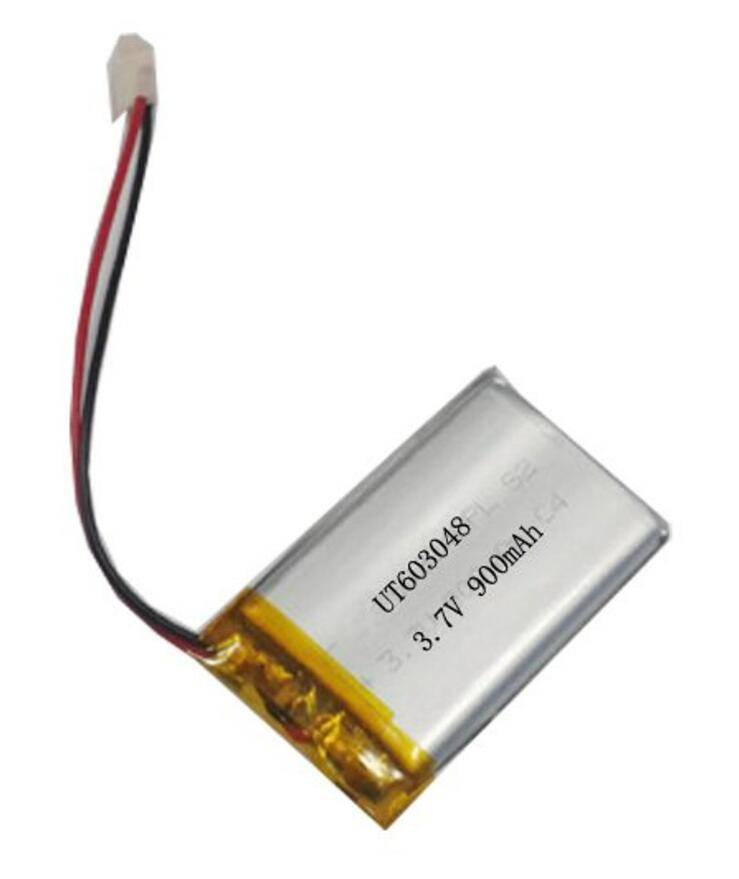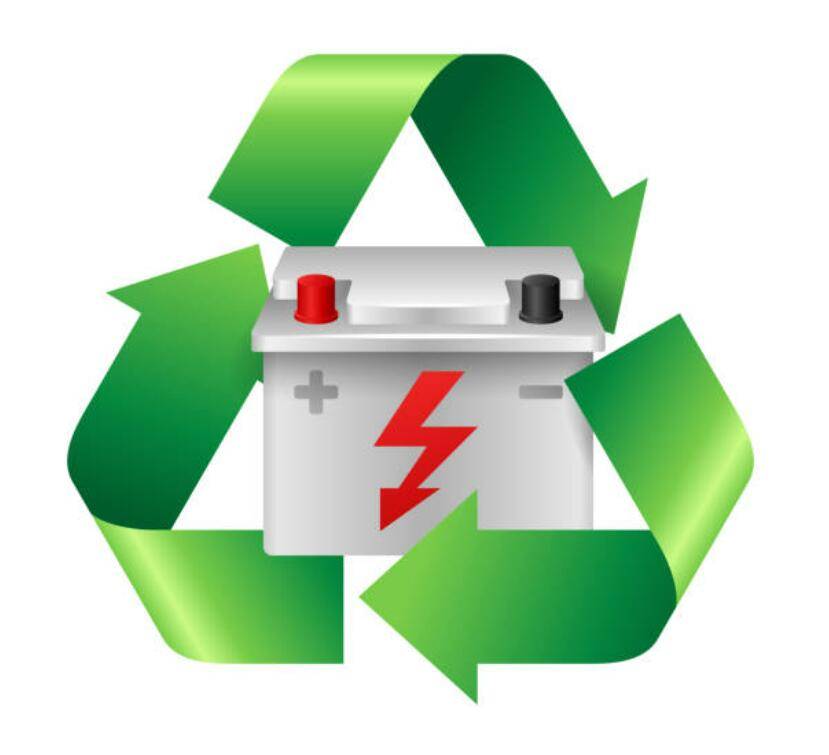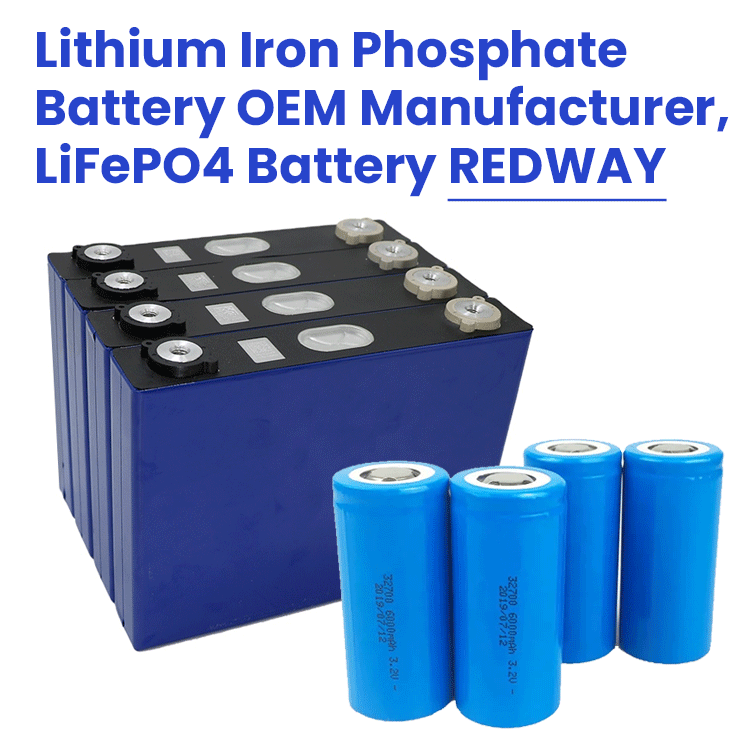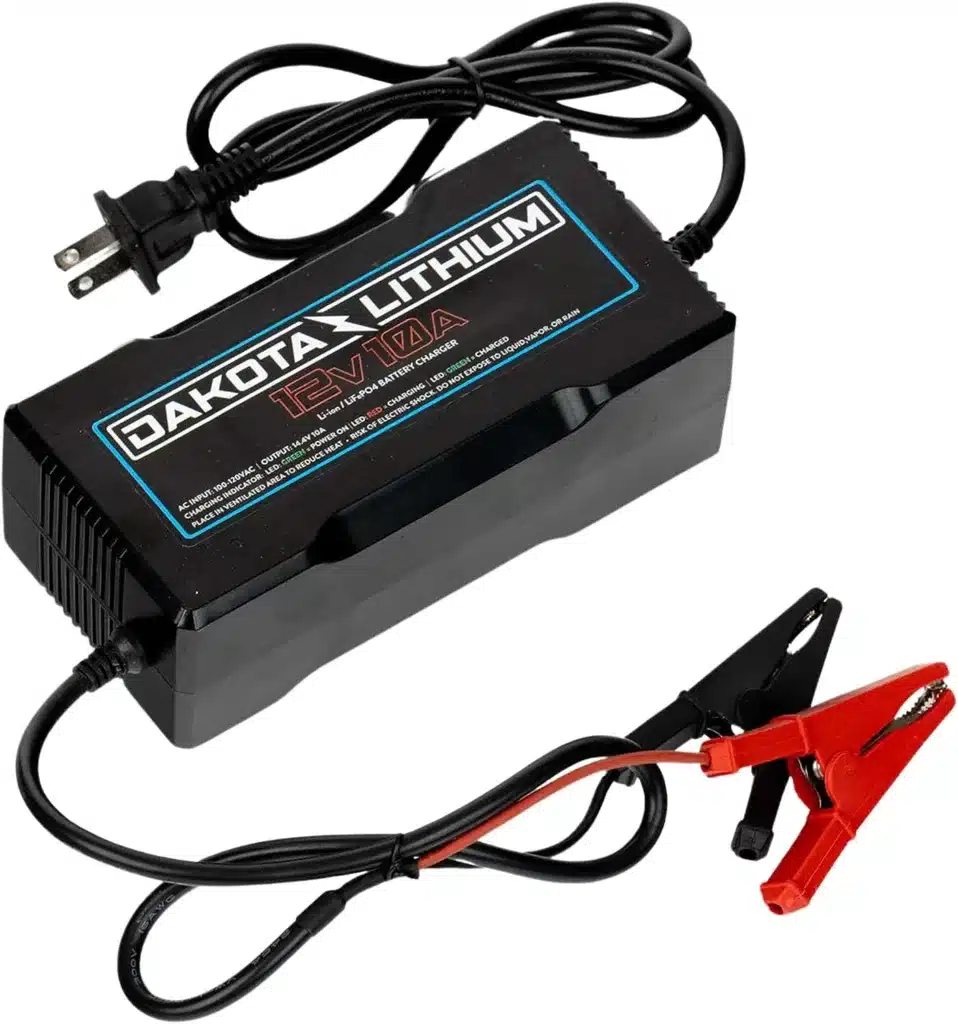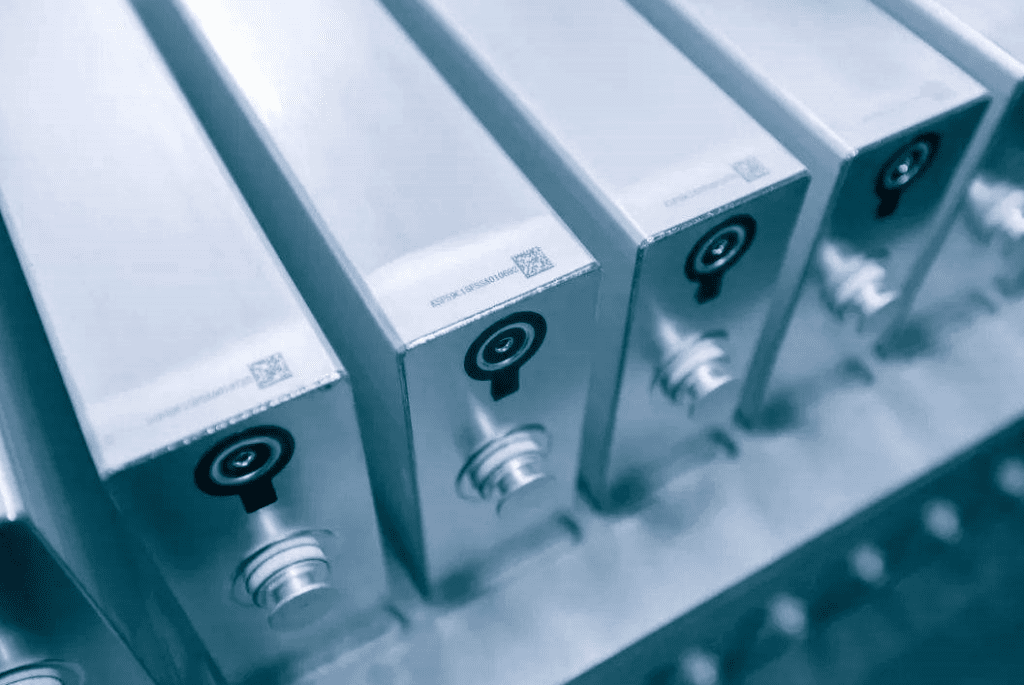When it comes to power solutions for marine and electric vehicle (EV) applications, the 48V 300Ah lithium battery stands out as a premier choice for both reliability and efficiency. In a market saturated with various battery options, our cutting-edge lithium battery delivers unparalleled performance, making it an ideal choice for those seeking consistent power output and durability. This article delves into the remarkable features and benefits of our 48V 300Ah lithium battery, illustrating why it surpasses competitors and offers exceptional value for marine and EV applications.
Unmatched Performance for Marine and EV Applications
Superior Power Output
Our 48V 300Ah lithium battery is engineered to provide consistent and reliable power for marine and electric vehicle applications. With a capacity of 300Ah, this battery ensures a steady flow of energy, crucial for demanding environments such as marine systems and high-performance EVs. The battery’s high energy density translates into extended operational periods and less frequent recharging, which is vital for long journeys and continuous usage.
Robust Overcharge Protection
Safety is a top priority in any power solution. Our lithium battery comes equipped with built-in overcharge protection, which safeguards against potential risks associated with overcharging. This feature ensures that the battery operates within safe parameters, extending its lifespan and maintaining peak performance. The advanced Battery Management System (BMS) continuously monitors cell voltage and temperature, providing real-time data to prevent overcharging and overheating.
Efficient Fast-Charging Capabilities
The ability to charge quickly is a significant advantage in both marine and EV applications. Our 48V 300Ah lithium battery supports fast-charging technology, allowing for reduced downtime and increased operational efficiency. The battery can be charged to full capacity within a shorter period compared to traditional lead-acid batteries, which is essential for minimizing delays and maintaining productivity.
Installation Flexibility and Ease
Versatile Mounting Options
Installation flexibility is a key feature of our lithium battery. It is designed to fit various installation configurations, whether in a marine vessel or an electric vehicle. The battery’s compact design allows for versatile mounting options, making it adaptable to different spatial constraints and layouts. This flexibility ensures that the battery can be seamlessly integrated into existing systems without compromising performance.
Maintenance-Free Operation
One of the standout benefits of our lithium battery is its maintenance-free operation. Unlike traditional batteries that require regular upkeep, our lithium battery eliminates the need for routine maintenance, such as checking electrolyte levels or cleaning terminals. This feature not only reduces the total cost of ownership but also enhances overall convenience, allowing users to focus on their primary activities without worrying about battery upkeep.
Enhanced Longevity and Durability
Extended Battery Life
Durability and longevity are critical factors when selecting a battery for marine and EV applications. Our 48V 300Ah lithium battery is designed for an extended lifecycle, with a typical lifespan of up to 3000-5000 charge cycles. This impressive longevity ensures that the battery will provide reliable performance over many years, offering excellent value for investment and reducing the frequency of replacements.
Resilient Construction
Built to withstand harsh conditions, our lithium battery features a resilient construction that endures the rigors of marine environments and the demands of high-performance EV usage. The battery’s robust casing and protective features shield it from vibrations, impacts, and environmental factors such as humidity and saltwater exposure. This durability is crucial for ensuring uninterrupted operation and minimizing the risk of failure in challenging conditions.
Environmental Considerations
Eco-Friendly Technology
As environmental concerns grow, choosing eco-friendly technologies becomes increasingly important. Our 48V 300Ah lithium battery aligns with sustainable practices by offering low environmental impact compared to traditional lead-acid batteries. Lithium batteries have a lower carbon footprint and contain fewer harmful chemicals, making them a greener choice for power solutions.
Recycling and Disposal
In addition to its eco-friendly design, our lithium battery supports responsible recycling and disposal practices. We provide clear guidelines for the safe disposal of the battery at the end of its life cycle, ensuring that it can be recycled in an environmentally friendly manner. This commitment to sustainability reflects our dedication to reducing the environmental impact of our products.
Customer Satisfaction and Support
Exceptional Warranty and Support
We stand behind the quality and reliability of our 48V 300Ah lithium battery with an exceptional warranty that underscores our confidence in its performance. Our comprehensive warranty covers potential defects and issues, providing peace of mind and ensuring customer satisfaction. Additionally, our dedicated support team is available to assist with any queries or concerns, offering expert guidance and solutions.
Positive Customer Feedback
Our commitment to excellence is reflected in the positive feedback we receive from customers who have experienced the benefits of our lithium battery firsthand. Users consistently highlight the battery’s reliable performance, ease of installation, and low maintenance requirements as key advantages. This high level of customer satisfaction reinforces our position as a leader in the power solutions market.
Conclusion
In summary, our 48V 300Ah lithium battery stands out as a premier choice for marine and electric vehicle applications due to its reliable power output, advanced safety features, and maintenance-free operation. With its fast-charging capabilities, extended lifespan, and resilient construction, this battery provides an exceptional balance of performance, durability, and convenience. For those seeking a top-quality power solution, our lithium battery offers unmatched value and peace of mind. Explore the benefits today and experience the difference of superior technology.



